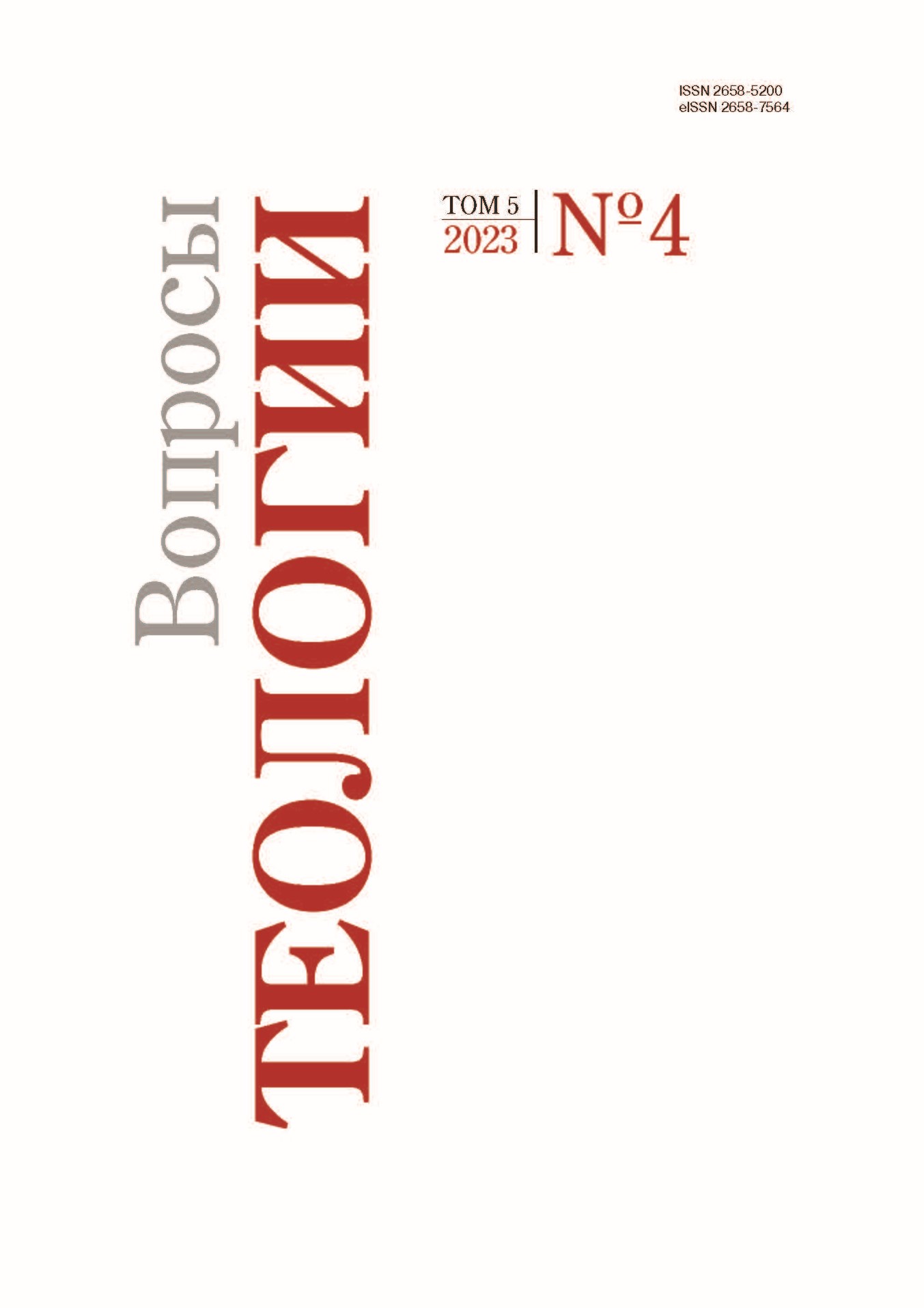Correlation between the religious and the secular by F. M. Dostoevsky (based on “Writer’s Diary” and letters)
DOI:
https://doi.org/10.21638/spbu28.2023.403Abstract
The article analyzes Dostoevsky’s religious and philosophical views on the correlation between the religious and the secular. The article examines journalistic works and letters of the writer. The analysis has shown that Dostoevsky’s philosophical thought is christocentric, moreover the dispute about the relationship between the religious and the secular as well as the dispute about the correlation between the religious and the historical process itself are immersed by him in a theological Christian context. Dostoevsky denied and criticized the key concepts of political philosophy of the Modernity (“Enlightenment”, “Progress”) and filled them with Orthodox understanding. He viewed religion and the culture itself (including rational thinking) as a subsystem of Christianity considering any social relations as a derivative of religion and as part of religion, and not as autonomous spheres. He considered any secular ideals and norms as religious and moral categories, put them inside the religious discourse of Christianity. Thus he doubt on the ontological usefulness of the “secular” as a philosophical category.
Keywords:
Dostoevsky, Christianity, religion, secular,, secular, Russian philosophy, the West, christocentrism, theology
Downloads
References
References
Downloads
Published
Issue
Section
License
Articles of "Issues of Theology" are open access distributed under the terms of the License Agreement with Saint Petersburg State University, which permits to the authors unrestricted distribution and self-archiving free of charge.




